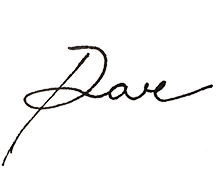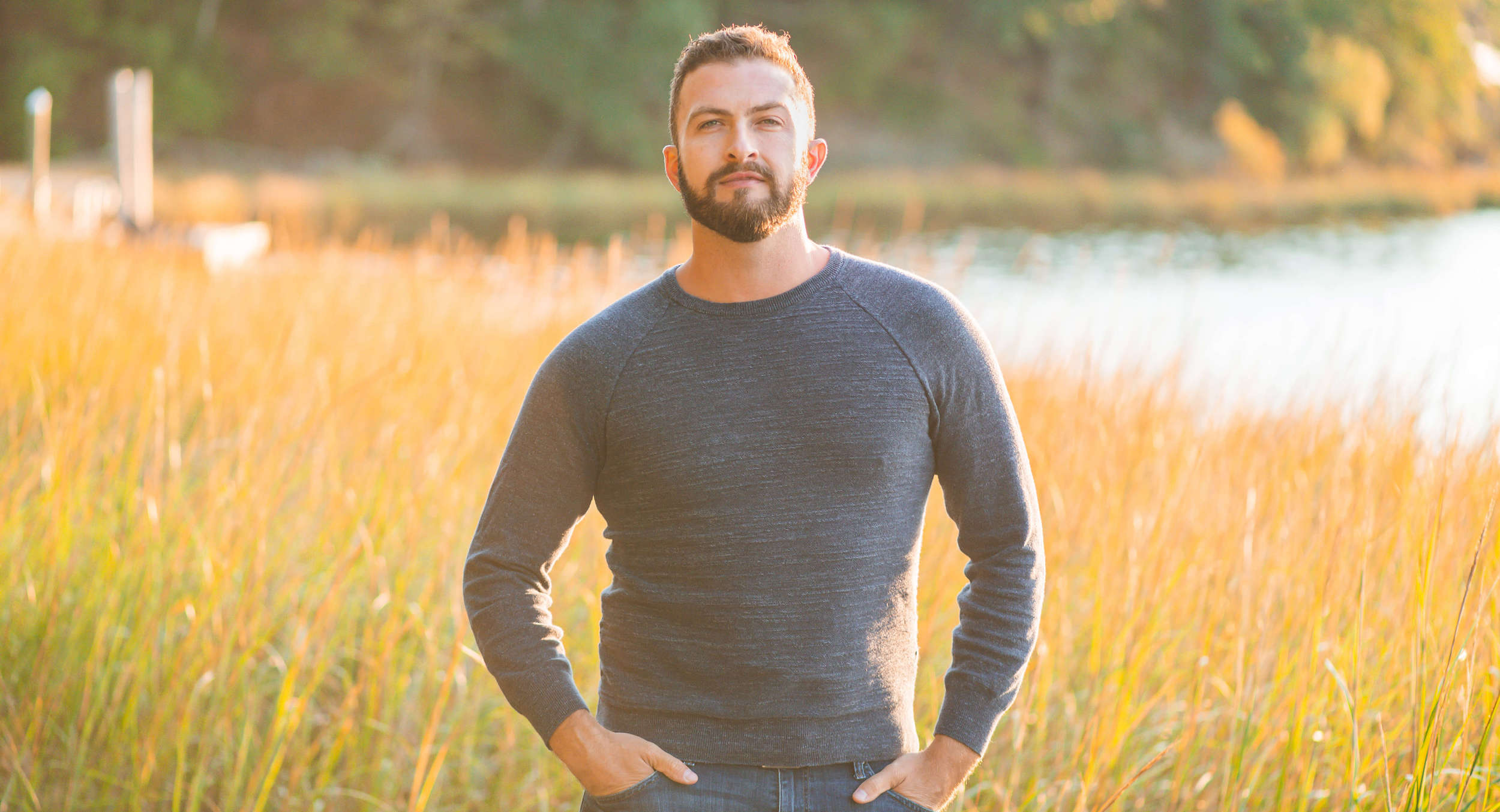Over the last few weeks, we’ve been exploring some beliefs and philosophy around storying and re-storying our outlook through practices and experiences.
The question that sparked this exploration for me was this:
How do we maintain our sense of personal freedom in our digital age… wherein our perceptions are super susceptible to being influenced, manipulated, or warped?
After asking this question, I reflected on three core “ingredients” for my self-storied life that, to me, have felt essential in helping me stay free-willed and free-minded lately.
Those elements included: Curiosity, Skepticism, and Diversity.
In my last newsletter, I shared with you how these elements have been helping me to engage in new practices, alternative perspectives, and daily habits. In turn, this is the simplest way that I help myself rewrite my own stories, expectations, and beliefs, whether in my personal life, business life, or beyond.
Challenging, changing, or breaking stories of old are what help me feel free and “in” my own story — not to mention, feeling engaged with life and all of its variety of experiences that it can provide to me.
Today, I’m sharing a set of reflection prompts that you can journal through, discuss out loud with a loved one, or meditate on so that you can replicate this exploration for yourself.
Ready to dive in?
Follow this 6-question guide!
6 Prompts to Uncover (or Rediscover) Your Self-Storied Life
1. What words or feelings come to mind when you think of personal freedom, for you?
Break out a thesaurus or do some Google searching to land on more nuanced or refined word choices than those that are more common (and, therefore, generalizations).
For example: Autonomy, independence, free will, free choice
2. How do those words or feelings take shape, in actual reality, in your life? How do you feel or experience those ideas related to personal freedom?
Bring some shape and form to these feelings. You don’t have to get super specific, just connect the dots between those feelings above and what matters to you.
For example: Having a flexible schedule, working for myself, learning new things often, challenging myself to be an independent thinker
3. What elements or qualities do you consider to be essential for engaging in those activities? In other words, what ingredients are necessary for you to do the above?
For example:
– Curiosity sparks me to explore and learn new things
– Healthy skepticism of what I’m told and why I’m being told it helps me challenge the assumption that it’s all true
– Expanding my outlook and consuming media/books/resources from diversely represented creators to escape my own echo-chamber of white, cis-gender, male, heteronormative assumptions and perspectives.
4. List 3 examples of how these “ingredients” have inspired different practices, habits, goals, explorations, or experiences for you in the near or distant past.
For example:
– Prioritizing curiosity pushed me out of my comfort zone so that I could travel and see the world, overcoming my fears and anxieties with uncertainty when in my 20s
– Skepticism helped me to challenge my own political outlook and beliefs when I was younger, though which I slowly came more into my own authentic political philosophy
– Challenging and deliberately exposing myself to non-white, non-male, non-cis, non-heteronormative views, outlooks, stories, and experiences has helped me to understand my own implicit biases, privileges, ignorance, and naïveté in how systems and policies do not treat everyone equally
5. How are those ingredients or elements, which define your sense of personal freedom, showing up today? (If they ALL feel like they’re missing, proceed to the next question.)
For example:
– Curiosity has helped me develop new personal health, wellness, and self-care regimens
– Skepticism inspired me to rethink my coaching offers and create a model through which I began a new coaching collective, Claim Your Calling
– Diversity has kept me accountable to picking up new books and resources from BIPOC authors and creatives more intentionally in 2020 and 2021
6. Finally, how might you use these qualities for personal freedom in your life in the near future? If they have been absent from your daily practices or experiences today, how might you integrate them into your life, even a little bit more?
For example:
– As the pandemic wanes and when I get vaccinated, I’ll channel curiosity into seeking new experiences, connecting with new people, and getting back out into the world around me
– As resources become more available to reinvest in my business in forthcoming years, I want to hire employees whose outlooks, experiences, and expertise can challenge my own expectations and assumptions on how I’ve always done things
– I’m incorporating BIPOC consultant hires into my business, exploring collaborations with BIPOC friends and peers, and tapping new methods of marketing my work and newsletter to BIPOC readers and client prospects
There you have it, friend.
A simple — but, of course, quite in-depth! — 6-step series of questions to help you unpack what you feel and believe about your personal sense of freedom.
This process can help you bring awareness to how these beliefs have shaped your past, while exploring in imaginative ways how they might show up to support your self-storied like in the near future.
Just a handful of minutes of active brainstorming, or a thorough conversation with a loved one, or a couple of good journaling sessions is the only thing that “stands in the way” of you shedding more light on what makes your self-storied life… self-storied, at all.
Until we connect next time, happy exploring!

